|
A notice for (and warning to) the curious: I have been interviewed by the wonderful Mike Davis of the Lovecraft eZine. You can find it on YouTube.
0 Comments
There's a reason those who log onto this website (which I'm guessing aren't many) might not have seen updates until recently.
The following was posted on my social media site on February 29, 2024. It has been edited and cleaned up where necessary. -- Wanted to thank everyone for the well-wishes. Here’s the scoop. In December, I saw my doctor a routine checkup. Among the things to address was a CT scan based on both a consistently high cholesterol score and family history. “You might have a silent killer in your chest and not even know it.” Shortly after my visit I’d have chest pains. They weren’t major and only occurred with exertion. I wasn’t terribly concerned; my blood pressure remained in normal limits and my heart rate seemed consistent, if occasionally elevated. Looking at me, all seemed fine. Still, I set up the appointment for my CT scan for late afternoon on February 6. Just past midnight on February 6, I had a rapid heart rate and chest pains. I went to the emergency room. The doctors said my blood work looked good, and chest X-ray indicated no issues. All the same, they recommended I schedule an appointment with a cardiologist. I went home and caught a nap, then went to my appointed CT scan, where the tech said I would hear from my doctor in a day or two. February 7, I spoke with the hospital for an ER follow-up and asked for cardiologist recommendations. I made an appointment with Austin Heart Health for Friday, February 16. February 8, I receive a call from my doctor’s office to schedule an appointment. Alarm bells ring; if everything was okay, they could tell me the results via telephone. I make the appointment for February 20. Already I take precautions. I exercise, more but get winded easily. My chest hurts more. I try to change some of my diet. I’d eliminated soft drinks the month before but remained mostly okay. February 15, I receive the results of my CT scan. They’re high. Extremely high. And I try immediately to figure out how to navigate what might become an entirely different life. February 16, I see the cardiologist and present him the CT scan. He’s concerned but not alarmed. We set an appointment for an angiogram on February 21, to see what exactly is going on around my heart. February 20, I see my doctor to update her. February 21, I have the angiogram. It reveals multiple blockages. Stents would be useless; bypass surgery is necessary. We schedule it for February 23, but a cancellation on the surgeon's part shifts the schedule to a day earlier. February 22, I have bypass surgery. I’m home today. I’ll have about eight weeks of recovery, including physical therapy. No driving for about eight weeks. No lifting anything heavier than ten pounds. Right now I’m going through a mixture of emotions: anger, depression, self-loathing, among many others. The procedure save my life. Without it, a heart attack would have been likely by the end of the year. If I owe you anything, bear with me. I’ll get it to you as soon as I can. Yeah I’m fighting the urge to break down in tears. I’m trying to rebuild some self-worth. For now, for today, I’m alive. And for today, that’s enough. -- As the Monkees sang, that was then, and this is now. On March 29, I followed-up with my cardiologist. We reviewed the video of my angiogram to reveal pervasive blockages. It's terrifying to see the inside of my body and its attempts to kill me. Nevertheless, he remains optimistic. "You're young, you're healthy, and are going to live a long time," he said. I asked him if a heart attack would have been likely this year. He nodded. "You would have had it within a month. And it would have been a bad one." I'm pretty much back to my normal life, with changes to diet and exercise as necessary. No red meat. More walking. Less fat. I haven't written anything since my release but I'm finally starting to outline my second novel and a couple of stories. The idea that I am still alive surprises me, especially after I spent weeks concerned I would go to bed and not wake up. That I avoided a heart attack poised to kill me continues to be sobering. Regardless, as I wrote then, for today, I'm alive. And for today, that's enough. If you're attending ArmadilloCon this weekend, I hope to see you there. My ArmadilloCon schedule is as follows:
Friday 5:00 p.m. Does Dark Have to Be So, Well, Dark? Ballroom F, 5pm - 5:45pm Tags: Speculative Fiction Literature* Type: Panel Discussion Emma Berquist (moderator), Lauren Raye Snow, Derek Austin Johnson Dark shows up a lot these days in speculative fiction, especially in horror and grimdark. But does it always have to be bleak and depressing? Thinking of those like Charles Addams and Edward Gory who made dark themes fun. Who else does it well? 9:00 p.m. Horror for the Last 10 Years Southpark A, 9pm - 9:45pm Tags: Speculative Fiction Literature* Type: Panel Discussion Lee Thomas (moderator), Gabino Iglesias, John Hornor Jacobs, Derek Austin Johnson Looking at horror fiction published since 2015, especially how the genre has changed since its heyday. 10:00 p.m. When Mysteries Meet Horror Ballroom F, 10pm - 10:45pm Tags: Speculative Fiction Literature* Type: Panel Discussion Jon Black (moderator), Joe R. Lansdale, Emma Berquist, Rick Klaw, Derek Austin Johnson, Josh Rountree, Jess Nevins Exploring the spaces where mystery and horror meet, from the pulps to the modern day. What do these two genres share? Where do they differ? Panelists will offer their takes on horrific mysteries (or mysterious horror) that worked for them, or didn’t, and why. They will share their experiences and advice for crafting unique tales which bring the best of both genres. Saturday 1:00 p.m. What You Should Have Watched This Year Southpark A, 1pm - 1:45pm Tags: Fandom* Type: Panel Discussion Jeremy Brett (moderator), A. T. Campbell, III, Beth Anderson, Derek Austin Johnson, Rhonda Eudaly Our panel goes over the highlights (and lowlights?) of SFF movies and television for the past year. 5:00 p.m. Reading - Johnson Southpark B, 5pm - 5:30pm Tags: Readings* Type: Reading - Single Author Derek Austin Johnson Reading - Johnson Sunday 11:00 a.m. The Vampire Renaissance Ballroom E, 11am - 11:45am Tags: Fandom* Type: Panel Discussion E.A. Williams (moderator), Ari Marmell, Lauren Raye Snow, Derek Austin Johnson, Jess Nevins Vampires have been a part of pop-culture far as long as people have been telling stories. They may have traded their capes and castles for leather jackets and night clubs, but these blood-thirsty creatures of the night are still hanging on. After a dip in popularity, vampires once again are on the rise. What makes these monsters such an enduring part of our culture? What are some classic tropes you want to see re-imagined? What is better left in the coffin? You can find the entire schedule on the con's website. Out now. My story "Prodigal" appears in Anterior Skies Volume I edited by C. F. Page. This incredible collection includes stories and poems by Heath Masher, Pedro Iniguez, Godwyn, Marcus Hawke, Chelsea Pumpkins, Aaron Beardsell, Andy Gehlsen, Samuel M. Hallam, J.A. Sullivan, A.W. Mason, L. Acadia, Kay Hanifen, Solomon Forse, M. Halstead, Kurt Newton, W. Oliver Hunt, Aleco Julius, Jasmine De La Paz, Kyle Stück, Elaine Pascale, H. W. Taylor, Nathaniel Weber, Alice Austin, Luciano Marano, Richard Beauchamp, Maria Barnes, and Katherine Quevedo.
Pick up a copy here. Ecstatic. My science fiction story story "The Age of Existential Machines" is available online from Amazing Stories.
You can read it online here. I’m always late to these announcements. D. W. Hitz’s anthology Camp Slasher Lake (which includes my story “The Faith”) has been nominated for the 2023 Splatterpunk Award for Best Anthology. The awards will be held in Austin this summer. Congrats, all!
A mundane title, but a remarkable movie. Shyamalan adapts Paul Tremblay’s The Cabin at the End of the World, in which a family finds itself at the mercy of four cultists who tell them that the world will end unless one family member offers themselves as sacrifice. It's a chilling concept made all the more horrifying by the performances. Everyone here is good, but Bautista stands out as Leonard, the leader of the small doomsday cult. It’s a tricky role that requires earnestness and sincerity amid delusion and evil, and Bautista pulls it off.
A quick note on the adaptation. The movie makes a few fundamental changes to the novel. I won’t reveal them here but only will say that for the adaptation they were the right choices, and remain true to the novel’s intent. This video is from last week’s Poe birthday bash. You can see one of the cats wanted to become internet famous as I read a stanza of “The Raven.” Enjoy. A very happy birthday to one of my biggest influences.
My ranking of his movies, from worst to best, would include the following:
Guess whose birthday it is?
That’s right, it’s Clark Ashton Smith’s, contemporary of H. P. Lovecraft, August Derleth, and Robert E. Howard, and one of the key writers during Weird Tales’ golden age. He wrote amazing poetry and incredible stories with prose so purple it was practically ultraviolet. So happy happy CAS! |
Derek Austin Johnson has lived most of his life in the Lone Star State. His work has appeared in The Horror Zine, Rayguns Over Texas!, Horror U.S.A.: Texas, Campfire Macabre, The Dread Machine, and Generation X-ed. His novel The Faith was published by Raven Tale Publishing in 2024.
He lives in Central Texas. Archives
May 2024
Categories |



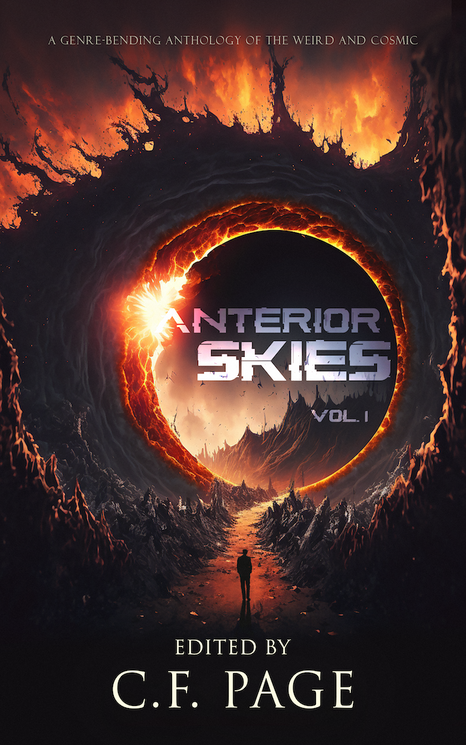

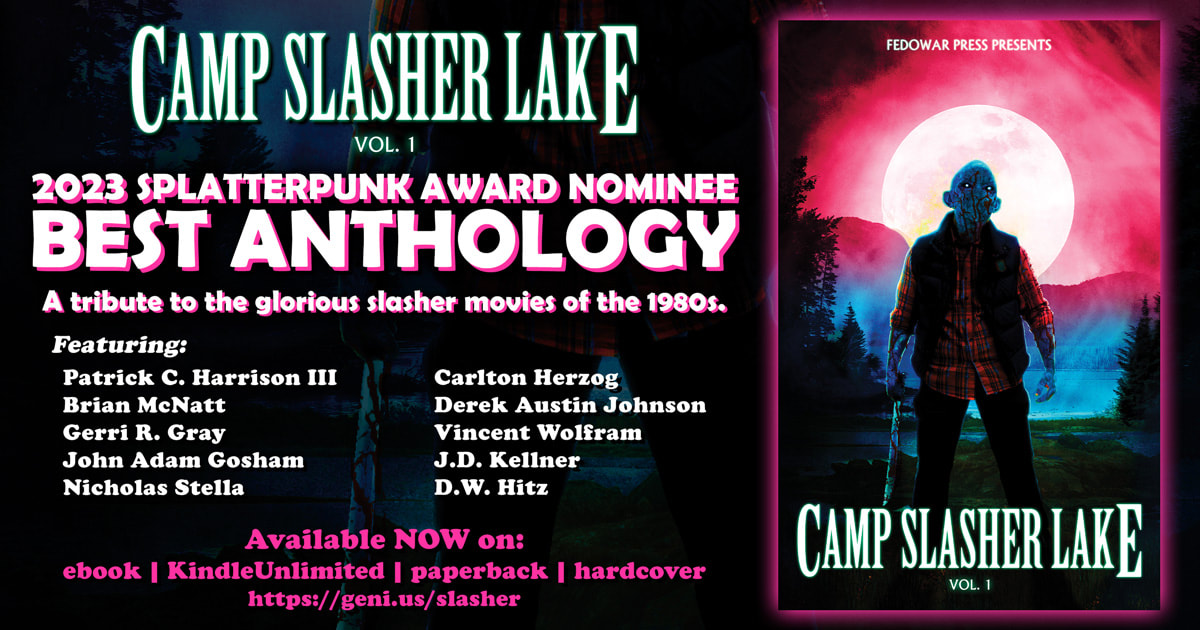
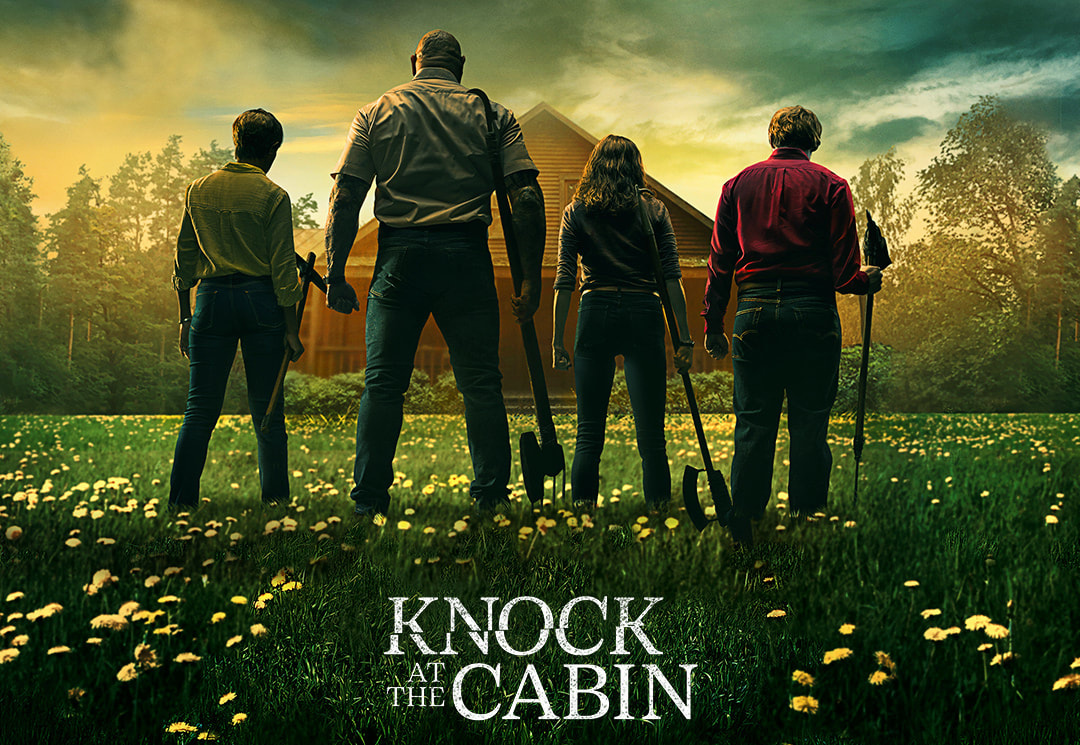

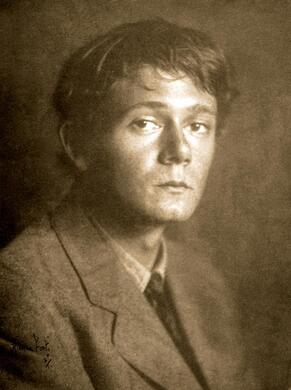
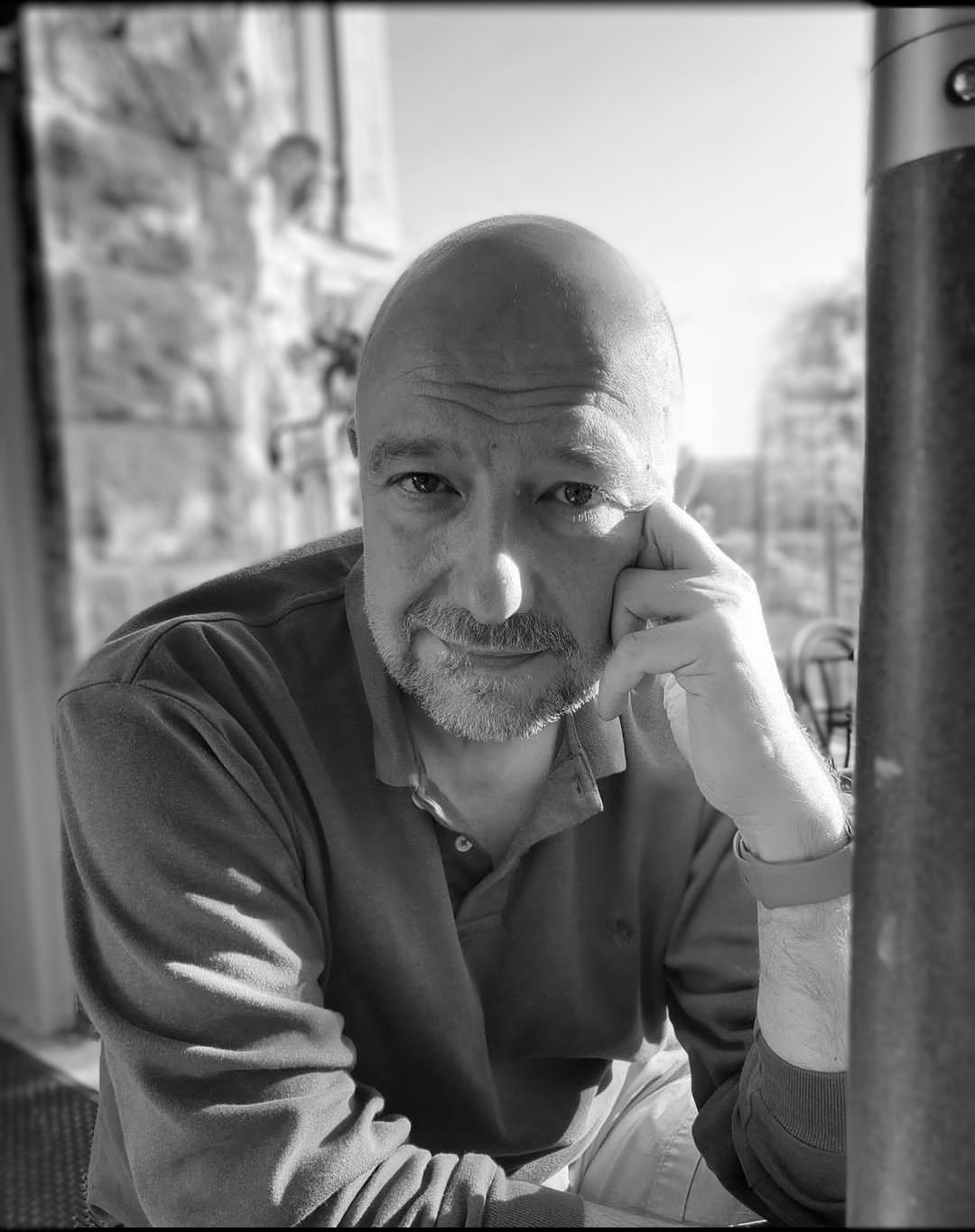
 RSS Feed
RSS Feed